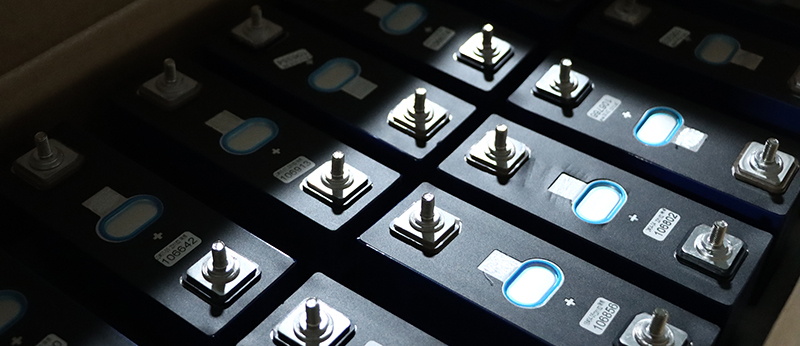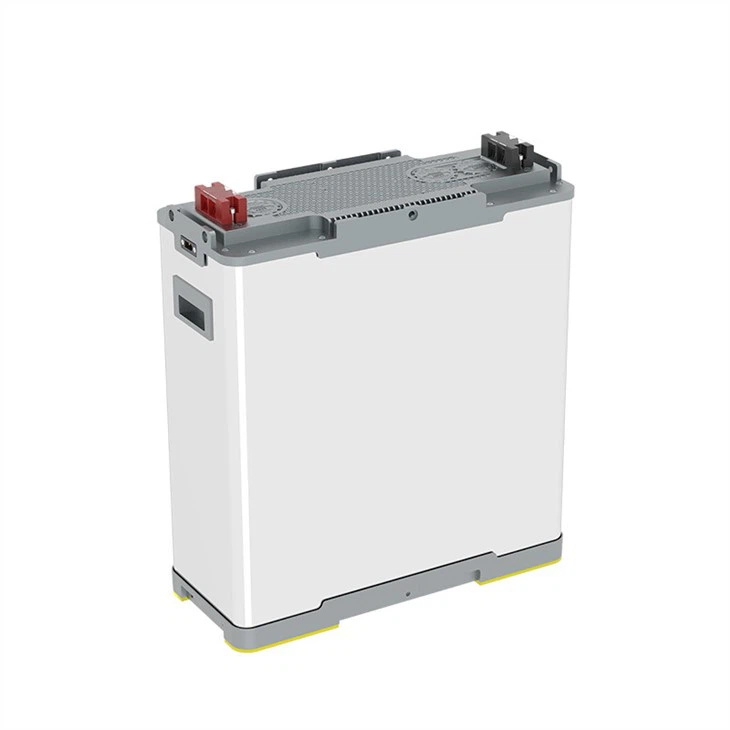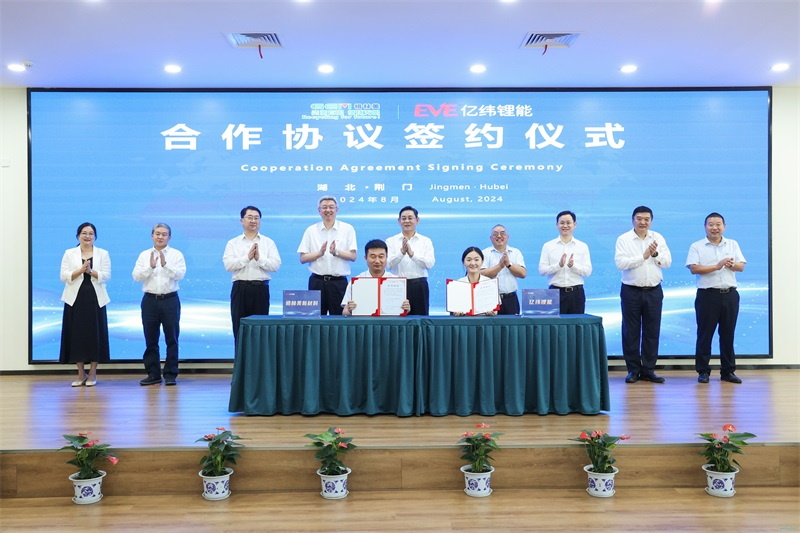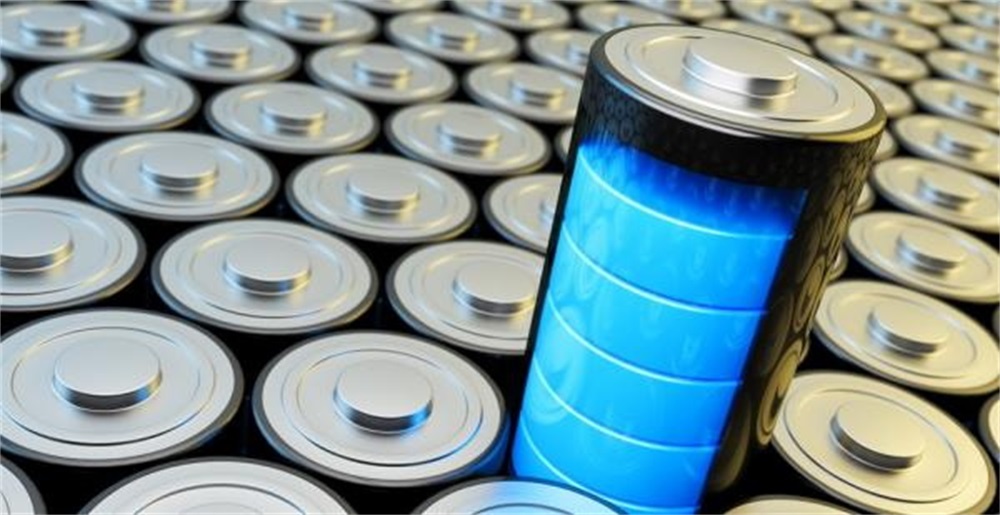About 48v lithium-ion battery concept types and applications

48V lithium-ion batteries are widely used in modern electronics and energy solutions due to their high energy density, long lifespan, and efficiency. Here is a comprehensive guide to 48V lithium-ion batteries, covering their basic concepts, types, applications, advantages, disadvantages, selection criteria, and maintenance.
Basic Concept
A 48V lithium ion battery operates at a nominal voltage of 48 volts. It typically consists of multiple lithium-ion cells connected in series to provide stable voltage output. These batteries use lithium metal or lithium alloys as the negative electrode and non-aqueous electrolyte solutions. They are known for their high energy density, long cycle life, and low maintenance requirements compared to traditional lead-acid batteries.
Types of Batteries
· Lithium Iron Phosphate (LiFePO4)
Features: High safety, good thermal stability, long cycle life.
Disadvantages: Lower energy density.
Applications: Electric vehicles (EVs), energy storage systems, UPS systems.
· Lithium Manganese Oxide (LiMn2O4)
Features: Higher energy density, good thermal stability.
Disadvantages: Relatively high cost.
Applications: High-performance electric vehicles, energy storage systems.
· Lithium Cobalt Oxide (LiCoO2)
Features: Very high energy density.
Disadvantages: High cost, limited cobalt resources.
Applications: Smartphones, laptops.
· Nickel Cobalt Aluminum (NCA) / Nickel Cobalt Manganese (NCM)
Features: Good energy density and cycle life.
Disadvantages: Higher cost, performance dependent on material ratios.
Applications: Electric vehicles, high-end energy storage systems.
Applications
· Electric Transportation
48V lithium-ion batteries provide powerful support for electric bicycles, electric scooters, and lightweight electric vehicles. Their high energy density and lightweight design make them ideal for these transportation modes.
· Solar Energy Storage

In solar power systems, 48V lithium-ion batteries are used to store generated solar energy, providing a stable power supply. They enhance the overall efficiency and reliability of the system.
· UPS Systems
In Uninterruptible Power Supply (UPS) systems, 48V lithium-ion batteries ensure that critical equipment continues to operate during power outages. Their efficiency and long lifespan help reduce maintenance costs.
· Power Tools
48V lithium-ion batteries are widely used in power tools, such as drills and saws, due to their high energy density and fast charging capabilities, making them effective in various work environments.
Advantages and Disadvantages
Advantages
High Energy Density: Lithium-ion batteries provide more energy per unit volume or weight compared to lead-acid batteries.
Long Cycle Life: Typically offers over 2000 charge-discharge cycles.
Low Maintenance: No need for regular electrolyte addition or maintenance.
Fast Charging: Faster charging times reduce waiting periods.
Disadvantages
Higher Cost: Initial investment is higher, but the long-term value may be greater.
Temperature Sensitivity: Performance and lifespan can be affected by extreme temperatures.
Safety Issues: While safer than traditional batteries, they can still pose risks under extreme conditions.
Selection Criteria
· Performance Requirements
Choose the battery type based on the energy needs and power requirements of the application. For example, electric vehicles may require higher energy density, while energy storage systems may prioritize longevity and stability.
· Safety
Select batteries with multiple protective features such as overcharge protection, over-discharge protection, and short circuit protection to ensure safety.
· Cycle Life
Consider the battery’s cycle life and overall usage cost. Batteries with longer lifespans can reduce replacement frequency and maintenance costs in the long run.
· Cost-Effectiveness
Compare the initial cost and long-term usage cost of the battery. Higher-performance batteries may be more expensive upfront but offer better value over time due to their durability and lower maintenance needs.
· Compatibility
Ensure the selected battery is compatible with the device or system’s interface and electrical specifications to avoid installation and usage issues.
Maintenance and Care
Regular Checks: Regularly inspect the battery’s condition, including its charge level, appearance, and connections, to ensure there is no damage, leakage, or overheating.
Charging Management: Use the recommended charger and follow manufacturer guidelines for charging. Avoid overcharging and over-discharging to extend battery life.
Temperature Control: Operate and store the battery within recommended temperature ranges. Avoid exposure to extreme heat or cold to maintain performance and longevity.
Cleaning and Maintenance: Keep the battery and contact points clean. Use a dry cloth to wipe the battery surface, and check for loose or corroded connections regularly.
Storage: For long-term storage, keep the battery in a cool, dry place with about 70-80% charge. Avoid storing it fully charged or completely discharged. Check and recharge the battery every 3-6 months if not in use.
48V lithium-ion batteries are crucial components in modern power systems due to their outstanding performance and wide range of applications. Understanding their basic characteristics, types, applications, advantages, disadvantages, selection criteria, and maintenance can help you effectively use and manage these batteries for optimal performance and reliability.

